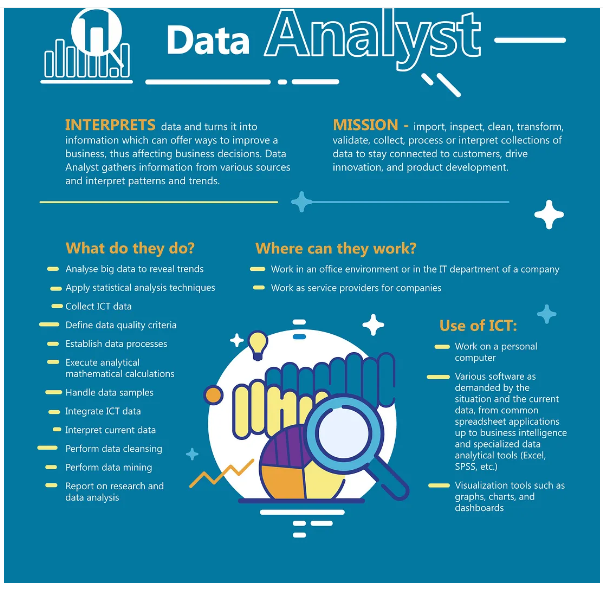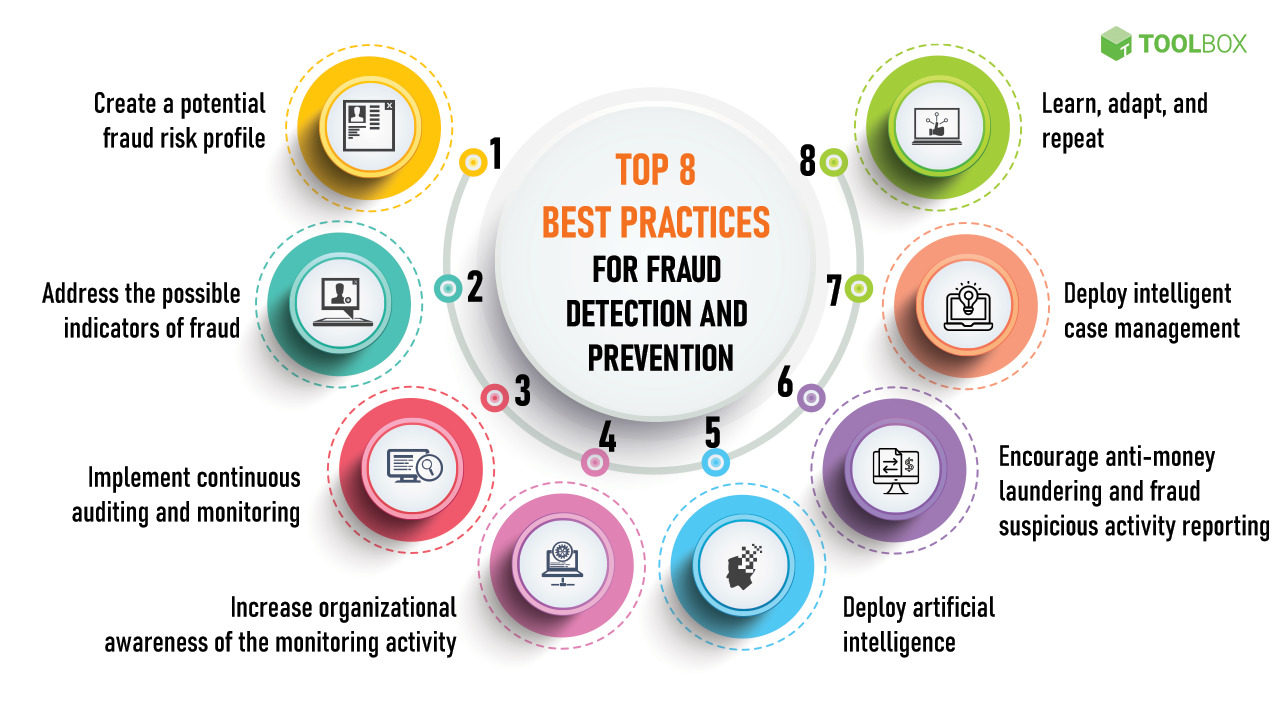
In today’s digital age, information overload is real, and so is the unfortunate prevalence of fabricated news stories and misleading online content. Discerning truth from fiction can be challenging, but fear not! Thankfully, there are several powerful tools at your disposal to help you navigate the online news landscape with confidence. Let’s explore some of the best:
Fact-Checking Websites:
- Snopes: A classic and trusted resource, Snopes debunks rumors, myths, and urban legends through thorough research and evidence-based explanations.
- PolitiFact: Fact-checking political claims with objectivity and transparency, PolitiFact rates statements on a “Truth-O-Meter” scale.
- FactCheck.org: Focused on factual accuracy in political and public policy issues, FactCheck.org provides in-depth analysis and ratings.
- The Washington Post Fact Checker: Offering a blend of humor and seriousness, The Washington Post Fact Checker examines political claims made by public figures.
Browser Extensions:
- Bouncy News: Identifies the original source of an article, helping you understand its context and potential biases.
- Fake News Alert: Flags potentially misleading content on Facebook, Twitter, and other platforms.
- NewsGuard: Analyzes websites based on nine journalistic criteria, giving them a “green,” “yellow,” or “red” rating for credibility.
Social Media Verification Tools:
- Twitter Verification: Check for the blue checkmark, indicating the account is authentic and represents who it claims to be.
- Facebook Page Transparency: See information about a page’s creation date, location, and audience demographics.
- TinEye Reverse Image Search: Find out where an image originated and whether it’s been manipulated.
Additional Resources:
- Media Bias/Fact Check: Lists and rates news outlets based on their editorial slant and factual reporting.
- International Fact-Checking Network: Connects you to fact-checking organizations worldwide.
- First Draft News: Provides resources and training for verifying online information.
Example:
You come across a Facebook post claiming a celebrity endorsed a particular political candidate. Before sharing it, you:
- Use Bouncy News to find the original source of the article.
- Check the celebrity’s official social media accounts for verification.
- Run the image through TinEye to see if it’s been altered.
- Consult PolitiFact or FactCheck.org to see if the claim has been fact-checked.
By taking a few minutes to investigate, you can avoid spreading misinformation and make informed decisions about the information you consume online.
Remember:
- Use a combination of tools and resources to verify information.
- Be skeptical of sensational headlines and emotionally charged content.
- Look for evidence and reputable sources to support claims.
- Don’t hesitate to share accurate information and counter misinformation responsibly.
I hope this blog post empowers you to be a discerning and responsible netizen!

























































































































